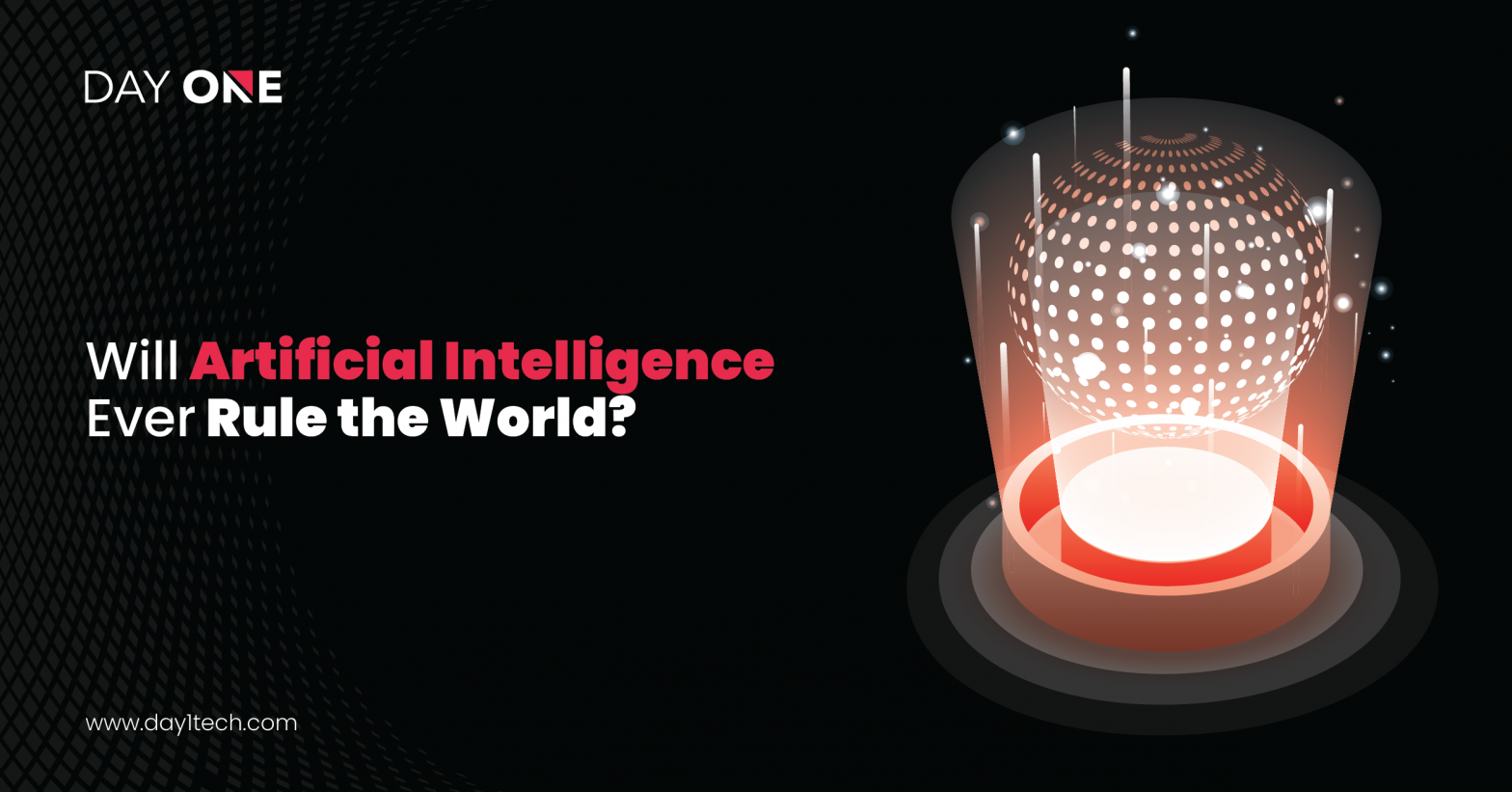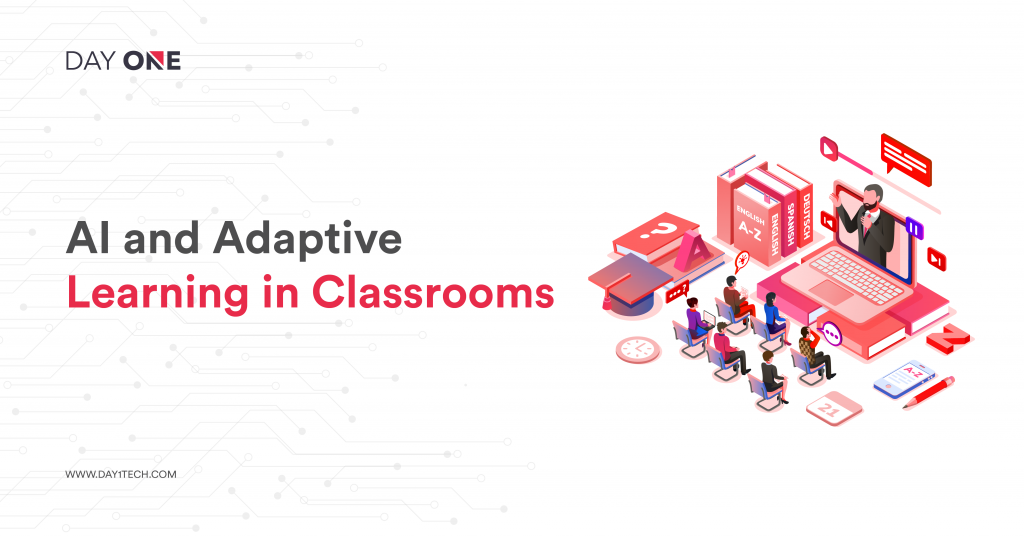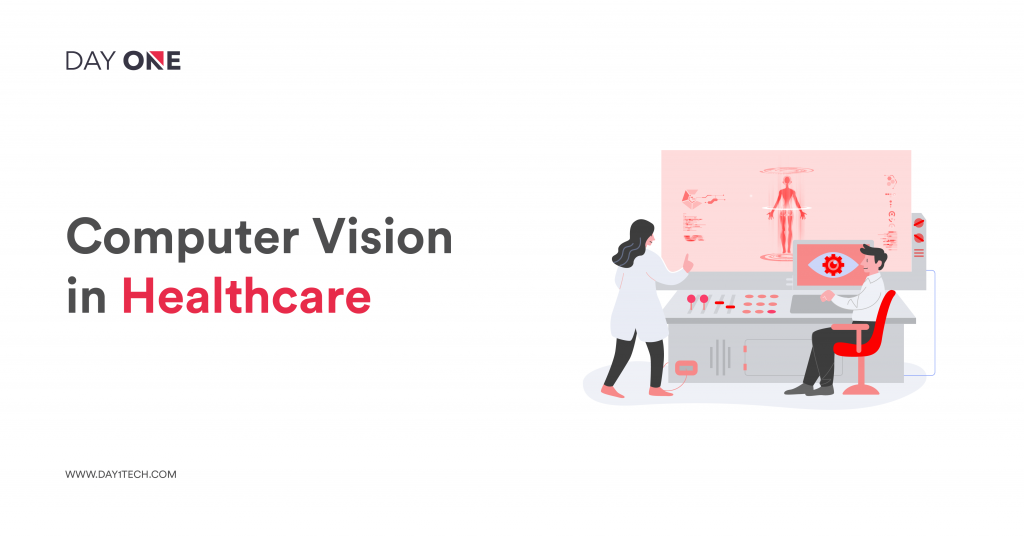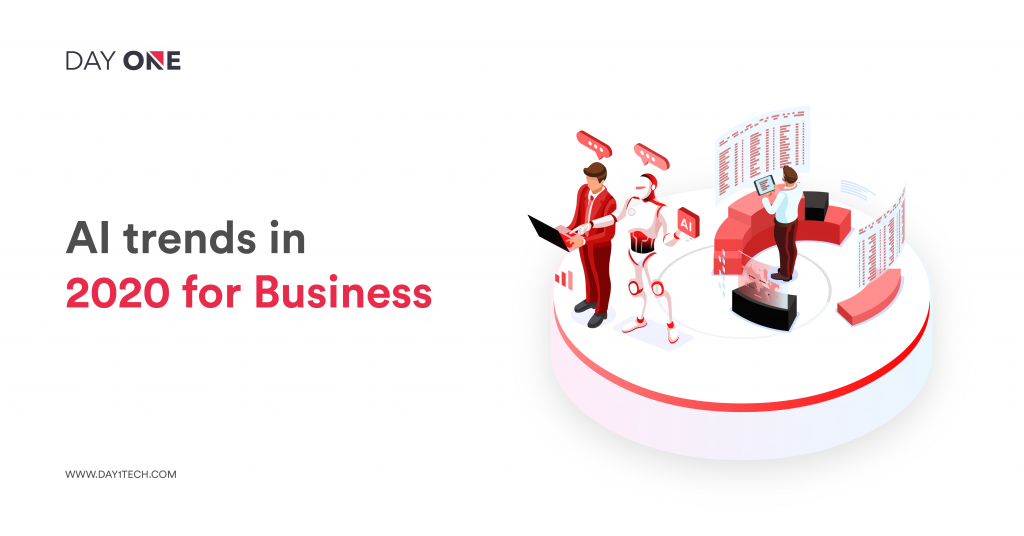Will Artificial Intelligence Ever Rule the World?
admin
Artificial Intelligence
July 21, 2021
9 min read

Elon Musk said that AI is likely to overtake humans and rule the world in the future. He stated that artificial intelligence would be much smarter than humans and overtake the human race by 2025.
But is it possible? Although all these are just predictions and taking count of some tech movies, is it possible that AI will rule the future?
While Hollywood creates many science fiction movies that depict AI as human-like robots that will take over the world and rule humans in the future, the current evolution of AI technologies isn’t like that or quite that intelligent. Instead, AI has developed to provide many special benefits in every part of the industry.
Let’s see –
The Future: AI’s Impact Is Everywhere
Some sectors are at the beginning of AI. Regardless, the impact of artificial intelligence on our present-day lives is hard to ignore:
- Education: Textbooks will get digitized or gotten already with the help of AI. Early-stage virtual instructors support human instructors, and facial analysis measures students’ emotions to help determine who’s struggling and better tailor the experience to their individual needs.
- Healthcare: In the comparatively open AI field of healthcare, drug discovery is sped up and streamlined, diseases are more quickly and accurately diagnosed, virtual nursing assistants monitor patients, and big data analysis helps create a more accurate patient experience.
- Transportation: Although it could take more time to perfect AIs for transportation, autonomous cars will one day transport us from place to place.
- Manufacturing: AI-powered robots work beside humans to perform a limited range of tasks like stacking and predictive analysis, assembly, and sensors to keep equipment running smoothly.
- Media: Journalism is providing AI, too, and will continue to benefit from it.
- Customer Service: Google is working on an AI assistant that can place human-like calls to make appointments, such as your neighborhood doctor’s appointment or salon appointment. In addition, the AI system understands context and difference.
AI Is Tech That Appears To Think As Humans
AI is any technology designed to operate in a way that mimics how the human brain operates. The AI available now isn’t about perfectly replicating a human brain and putting it in a computer chip. Rather, the ‘human’ part is all about the direct human interaction or the output. Software firms that use AI services aim to make the user experience much like interacting with humans, even to the human learning drop leading to Computure Vision.
AI-Powered Apps systems also have to learn and adapt like humans by taking in information, processing it, and storing it for future reference. Just like we touch a hot stove for the first time in our lives, and that pain registers in the brain and reminds us not to do it again. AI is not different.
But Not Yet
The development of AI has already come a long way, but it still has a very long way to go until we have to worry about it surpassing the human mind’s abilities. We still have yet to learn how our brains work before building their perfect replica. But Artificial narrow intelligence (ANI) refers to a computer’s ability to perform a single task perfectly, such as playing chess, which is already in use all over the place. The anti-lock brakes on our car systems power autopilot, power Google, drive spam filters, and is the key behind the music service Pandora and knowledge engine Wolfram Alpha. Computer scrabble is ANI at work.
Let’s discuss some important points why AI will never rule the world:
First, AI Cannot Take Over All The Jobs.
Humans even make robots, and it means it needs skills, creativity, and smart work. So, accordingly, we can conclude that jobs that require creativity, smart work, and skills are here only.
Humans make robots, and we should take advantage and focus more on a skill-based economy rather than a degree-based one.
Today, even handcrafted things are getting popular worldwide because of their quality, creativity, and tradition. And even in tough times, jobs that need human skills and creativity remain forever. Moreover, AI robots can help us explore more secrets and unseen things about the universe, which will benefit the human race.
AI Robots Will Be Too Expensive To Implement World Wide
Robots rule over the world. First, they need to be everywhere. And the world is too big to let that happen. Second, AI Robots are expensive even though the research budgets are in billions at present; maybe the cost may reduce in the future, but how much? It would only make sense by the companies or manufacturers to use them in areas where the profits surpass the costs. So while AI robots will get used in many fields worldwide, there is no chance they will be everywhere. And if they will be, then how would they create an empire?
Even if the companies fire all their human workers, they will fail because of no profits, and they would have to hire humans back. So robots cannot rule over the industries by replacing all humans at their jobs, except those humans have other jobs to keep the economy adrift.
Robots Will Have No Legal Powers
Humans are currently ruling over different countries with an election process, and the ruler is called the President. So, the only way intelligent AIs can ever rule the world without having an all-out war with humans is by using legal powers, and they won’t have any.
Even though they are super-intelligent, robots are only machines, and they won’t have human rights like the right to vote, the right to own property, the right to own companies, etc. And humans will never give robots these rights and never voluntarily allow them to be taken away. Also, while machines may be getting smarter, humans are not getting dumber, and so at most, the intelligent robots will be employed in an advisory role to powerful human beings.
How can AI be dangerous for us?
Most experts agree that a super-intelligent AI cannot show human emotions and that there is no reason to assume AI to become intentionally malevolent or benevolent.
Instead, while considering if AI might become a risk, experts think most common scenarios most likely are:
1.AI is programmed to do beneficial things for humans and the world. Still, it develops a destructive plan for achieving its goal: This scenario can happen if humans fail to align completely the AI’s goals with theirs, which is exceptionally difficult. For example, if you ask an automatic car to take you to the airport as fast as possible, it might get you there FAST, followed by police, doing not what you wanted but literally what you asked for. Suppose a super-intelligent AI system is tasked with an enthusiastic geoengineering project. In that case, it might wreak havoc with the ecosystem as a side effect and view human efforts to stop it as a threat to its task. So, in AI, giving commands is a much important step to take care of.
2.The AI is programmed to do something disastrous: Autonomous weapons are artificial intelligence systems programmed to kill. Although, these weapons could easily cause mass fatalities in the wrong hands. Plus, an AI innovators arms group could inadvertently lead to an AI war that also results in mass havoc. This risk is present even with AI but grows as AI intelligence and autonomy levels increase.
As these examples show, the concern about advanced AI isn’t malice but competence. A super-intelligent AI will be remarkably good at achieving its goals, and if ours don’t follow those, we will have a problem.
AI: Different Sides Of The Same Thing
Everything has its positive and negative effects. AI is not an exception. The AI automation effects range from remarkably good to very bad. And these effects need to be noticed and analyzed thoroughly before making any assumptions about the long-term effect of AI in the world.
The Positive Side:
There are many aspects of the positive sides of AI, from speeding up normal tasks to enhancing the workings of bigger industries. The predictive and analytical power of AI has proven to be a valuable asset for many industries. The accuracy of AI technology’s predictive power positively affects many industries, whether predicting the weather or the stock market. Along with data analysis and making predictions based on that, AI is also being used for more critical tasks such as space and sea exploration and many more.
Another point is enhancing the monitoring and diagnostic procedures in the medical industry. Today, doctors are better equipped with wearable integration to diagnose patients and monitor their situation better and with proper treatment. Thus, the AI effect enhances medical procedures and drastically reduces medical treatment costs across the world.
AI has also turned our homes into smarter households. For example, the AI-based smart home system known as the “Vampire energy” or “Phantom Load” works wonders for reducing power consumption and controlling a household’s carbon. In addition, AI-based facial recognition systems are also helping officials to deal with criminals in an advanced manner.
At last, we can say that the positive sides of AI span across different industries and affect the citizens’ lives attached to those industries.
The Negative Side
There’s always a negative side to something. However, AI is affecting society in previously unimaginable ways starting from AI preference to social media manipulation.
The AI automation introduction has brought a serious change in the modern lifestyle of humans. The tasks that once required human labor can be done without them today; today, people have more free time and are looking for new experiences to fill that time. However, this search for new experiences is easier for some people than others, which has some serious psychological and social impacts on the world.
The recent discussion on AI Safety
Stephen Hawking, Elon Musk, Bill Gates, Steve Wozniak, and many other big names in science and technology have recently expressed concern about the risks posed by AI in the media and via open letters, joined by many leading AI researchers.
Many AI milestones, which experts assumed as decades away merely five years ago, have now been reached, making many experts take the possibility of super-intelligence in our lifetime. For example, most AI researchers at the 2015 Puerto Rico Conference guessed that it would happen before 2060, while some experts still guess that the human-level AI problem is centuries away. Therefore, it is prudent to start it now as it may take decades to complete the required safety research.
The Future of AI
Entertainment
In the future, you could order up a custom movie featuring virtual actors of your choice. In addition, advanced predictive programs will analyze a script and determine its box office potential while film studios may have a future without flops.
Medicine
In the future, AI algorithms will enable surgeons and hospitals to analyze data better and customize their every patient’s genes, environment, and lifestyle health care. From diagnosing brain tumors to cancer treatment will work best for a patient, AI will drive the personalized medicine revolution.
Cybersecurity
In 2021, many companies all around the world are struggling to stay ahead of hackers. Experts say the automation capabilities and self-learning enabled by AI can protect data more systematically and affordably, keeping data safer from identity theft and even terrorism. AI tools look for patterns associated with malicious computer viruses and programs before stealing massive amounts of information or causing havoc.
Vital Tasks
AI assistants will help senior citizens better. For example, AI tools will keep healthy food available and monitor movement in their home. The AI robots or tools could mow lawns, keep the house clean, and even help with hygiene. Of course, many other repetitive jobs are perfect for AI-based tools. But the AI work may be even more critical in dangerous fields like handling radioactive materials, mining, firefighting, and clearing mines.
Transportation
AI may have the biggest impact soon with self-driving cars. Thanks to Google and Tesla, autonomous cars are already here but watch for them everywhere by 2030. For example, driverless trains already in European cities are building an autonomous jetliner.
There might not be any absolute answer to AI replacing human beings in various activities, companies, industries, or ruling worldwide. We only have our predictions and observations.
These are the common three observations that we can consider while wondering about the AI takeover-
- AI bias will replace humans in some jobs and fields, and that much is certain. Moreover, many jobs that require human labor will be automated in the future or have already been done. That is, however, not the first step of an AI takeover.
- Humans created AI, and we still have a long way to go to create an intelligent system that can overpower us, even though greater efforts are being made to create human intelligence through AI systems.
- We have to be prepared if an AI takeover ever happens with enough regulation and limitations. Therefore, there need to be proper regulatory laws in the AI industry, including laws about how AI is trained, used and how it affects the users.
The rapid expansion of AI nowadays needs constant observation and regulation before its negative effects become out of control. AI’s takeover will only be limited to the movie plots and fictional worlds with moral laws guarding the users.
Why is Artificial Intelligence important?
If humans don’t make AI robots, then there will be no advancements in technology.
- AI includes intelligence to existing services. In most cases, AI will not be sold as a complete application.
- AI will analyze deeper data using neural networks that have various hidden layers. Building a scam detection system with hidden layers was nearly impossible a few years ago, but not now.
- AI automates repetitive learning and discovery through data.
- AI adapts by advanced deep learning algorithms to let the data do the programming. AI finds regularities and structure data to acquire skill: The algorithm becomes a predictor or a classifier.
- AI achieves incredible accuracy through neural networks.
Artificial intelligence, Machine learning, and Robots are just two essential tools of today to make advancements in technology. But, unfortunately, these tools can get used either the right way or the wrong way like every other tool that exists.
So, we should be more concerned about how these tools will get used and less about their capability, intellect, and power. Because we are still struggling with Alexa commands, it does not take the right action according to our instructions.
So, as the future is unpredictable, relax; AI will not rule the world, not in this lifetime for sure.
Explore More Blogs
Testimonials What customers have to talk about us
Finch (previously Trio) – Growth with Investing, with benefits of Checking
Reading Time: < 1 minThe Finch (previously Trio), one of our clients today has reached this level with our expertise and with a great team of developers in Day One, who have made every stone unturned in making this project a big success.
Neel Ganu Founder
USA
Vere360 – VR based Immersive Learning
Reading Time: < 1 minDay One helped Vere360 “fill skill gaps” and build a platform that would cater to their niche and diverse audience while seamlessly integrate the best of #AI and #VR technology.
Ms. Adila Sayyed Co-Founder
Singapore
1TAM – Video Blogging Reimagined
Reading Time: < 1 min‘1TAM’ was only for iOS with gesture-based controls, advanced video compression techniques, and a simple architecture that allowed actions to be completed in 2-3 taps. The real challenge for ‘1TAM’ was to keep it distinct which bought brilliant results with all the strategies and approaches implied for best video compression techniques.
Anwar Nusseibeh Founder
UAE
Fit For Work – The Science of Workplace Ergonomics
Reading Time: < 1 minDay One Technologies came with the expertise that was required and helped in building a platform that is edgy, functional, and smart, delivering engagement and conversions at every step.
Ms. Georgina Hannigan Founder
Singapore
SOS Method Meditation for ‘Busy Minds’
Reading Time: < 1 minDay One Technologies helped in building an innovative mobile app (for #iOS and #Android) that’s easy-to-use, engaging, and data-driven to help users reap the most at every point.






